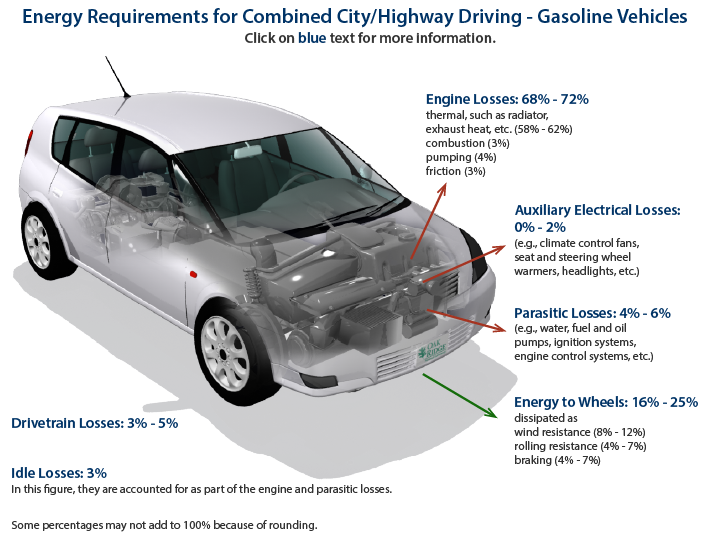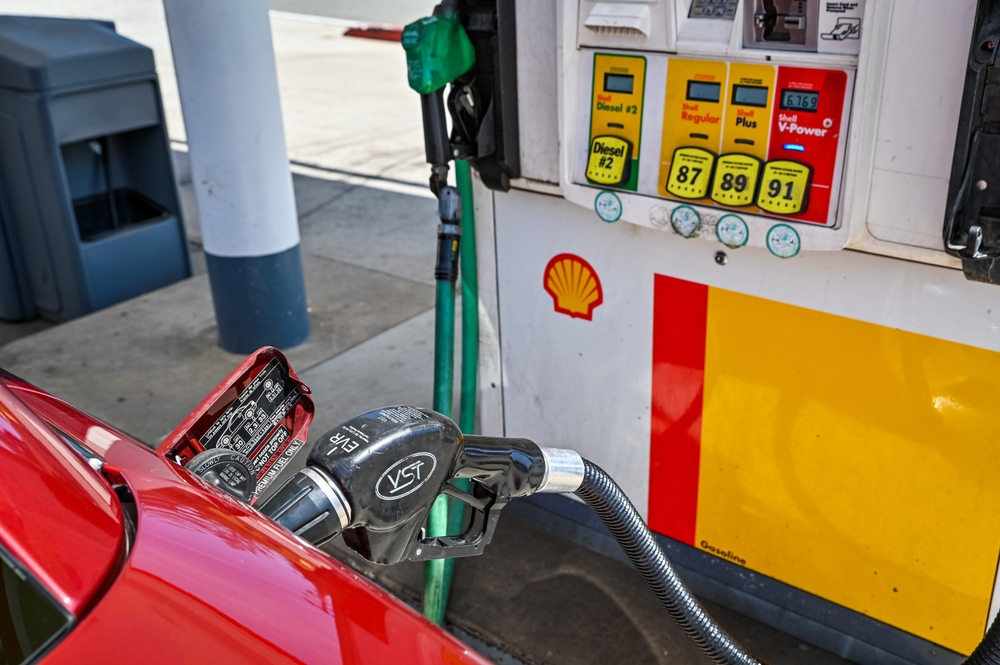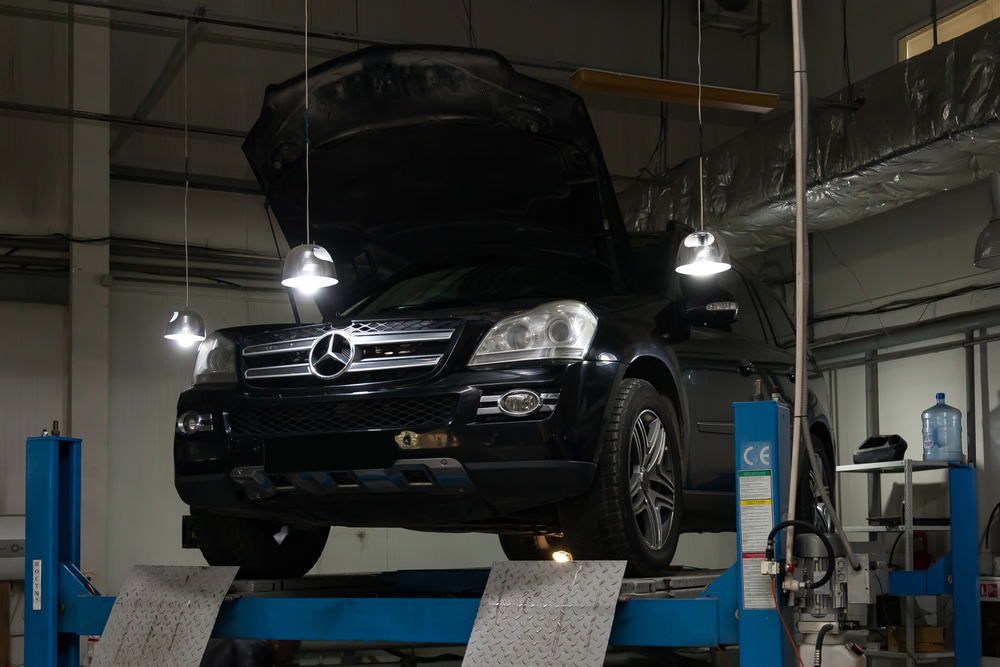Your Mercedes-Benz was meticulously engineered to deliver exceptional performance anywhere in the world, but Westminster’s 5,400-foot elevation presents unique challenges that demand equally specialized attention. Living at altitude means your engine works differently every single day—whether you’re commuting through Broomfield, navigating Arvada’s neighborhoods, or heading up to the mountains for a weekend escape. The thinner air at this elevation affects everything from fuel combustion to turbocharger efficiency, and while your Mercedes-Benz’s sophisticated systems are designed to adapt, they can only perform at their peak when properly maintained by technicians who truly understand high-altitude dynamics. At Mercedes-Benz of Westminster Service Center, our factory-certified team specializes in keeping your luxury vehicle performing exactly as it should in Colorado’s demanding environment, ensuring every drive delivers the power, efficiency, and refinement you expect.
How Colorado’s Altitude Affects Your Engine’s Performance
Westminster sits at an elevation where the air contains roughly 18% less oxygen than at sea level, which fundamentally changes how your engine generates power. Your Mercedes-Benz’s engine relies on a precise mixture of air and fuel to create combustion, and when there’s less oxygen available in each breath your engine takes, it has to work considerably harder to produce the same output. This is why many drivers notice their vehicle feels slightly less responsive when they first move to Colorado, or why acceleration onto I-25 doesn’t feel quite as effortless as it did at lower elevations.
The U.S. Department of Energy explains that engines typically lose about 3% of their power for every 1,000 feet above sea level. At Westminster’s elevation, that translates to a noticeable reduction in horsepower—something particularly apparent in naturally aspirated engines. What’s more, the reduced air density means your engine’s cooling system faces greater demands, especially during those hot summer afternoons when temperatures climb into the 90s and you’re stuck in traffic on Highway 36.
Fuel efficiency often takes a hit as well, because your engine management system compensates for the altitude by adjusting the air-fuel mixture, frequently resulting in slightly higher fuel consumption during everyday driving around Westminster. And if you’re heading up to the mountains—climbing from 5,400 feet to 9,000 or even 11,000 feet on I-70—these effects become dramatically more pronounced, putting additional strain on turbochargers, intercoolers, and your entire induction system.
Modern Mercedes-Benz Engineering: Built for the Altitude
Fortunately, your Mercedes-Benz isn’t just any vehicle—it’s a marvel of German engineering designed specifically to handle challenging environments, including high-altitude conditions. Modern Mercedes-Benz engines, particularly those with biturbo technology, are exceptionally well-suited for Colorado driving because turbochargers actually help compensate for thinner air. Unlike naturally aspirated engines that simply lose power at altitude, turbocharged engines force more air into the combustion chamber, effectively offsetting much of that oxygen deficit you’d otherwise experience at 5,400 feet.
Your vehicle’s advanced engine management computer constantly monitors altitude, air temperature, and barometric pressure, making thousands of micro-adjustments every second to optimize performance. This sophisticated system automatically recalibrates fuel injection timing, turbo boost pressure, and ignition advance to maintain the precise combustion efficiency Mercedes-Benz engineers intended. The 4MATIC® all-wheel-drive system found on many Mercedes-Benz models further enhances your confidence on Colorado’s occasionally unpredictable roads, providing superior traction during sudden spring snowstorms or when navigating wet pavement after those intense afternoon thunderstorms common in late summer.
Warning Signs of High-Altitude Stress on Your Vehicle
Your Mercedes-Benz is remarkably adept at communicating when something needs attention, and recognizing these early warning signs can prevent minor issues from becoming expensive repairs. One of the most common symptoms Westminster drivers notice is a slight hesitation or sluggishness during acceleration, particularly when merging onto highways or climbing steep grades. While some performance reduction at altitude is normal, a significant change in your vehicle’s responsiveness often indicates your air filter is becoming clogged or your turbocharger system needs inspection by trained technicians.
Reduced fuel economy is another telling indicator that your engine isn’t operating efficiently at altitude. If you’re suddenly filling up noticeably more often during your daily commute between Westminster and Denver, it could mean your engine management system is struggling to maintain optimal combustion, possibly due to dirty mass airflow sensors or aging oxygen sensors that need replacement with Genuine Mercedes-Benz Parts. You might also notice your engine running slightly rougher at idle or experiencing occasional misfires, especially on cold mornings—these symptoms suggest your spark plugs or ignition coils may be wearing out faster due to the increased electrical demands of firing in thinner air.
Cooling system warnings deserve immediate attention, particularly if you see your temperature gauge climbing higher than normal or if the low coolant warning light appears on your instrument cluster. At Westminster’s elevation, your cooling system operates closer to its limits than it would at sea level, so any degradation in coolant quality or small leaks can quickly escalate into serious overheating issues, especially during mountain drives.
The 3 Most Critical Maintenance Items for Westminster Drivers
Living at altitude means certain maintenance tasks become significantly more important for preserving your Mercedes-Benz’s performance and longevity. The first and arguably most crucial item is your engine air filter, which works considerably harder in Colorado’s environment. Westminster’s semi-arid climate means more dust and particulate matter in the air, and your engine processes a higher volume of air at altitude to maintain proper combustion. This combination causes air filters to become restricted much faster than they would in humid, sea-level environments, sometimes requiring replacement every 10,000 to 15,000 miles instead of the typical 20,000-mile interval.
A clogged air filter doesn’t just reduce power—it forces your engine to work harder for every ounce of air it needs, which increases fuel consumption, generates excess heat, and puts unnecessary strain on your turbocharger. During a high-altitude performance inspection, our technicians specifically examine your air filter’s condition and can show you exactly how much restriction has developed, helping you understand when replacement will restore optimal airflow and performance.
The second critical maintenance area is your cooling system, which faces extraordinary demands at altitude. Your coolant mixture needs to be precisely calibrated for Colorado’s extreme temperature swings—from subzero winter nights to 95-degree summer days—while also maintaining proper pH levels to prevent corrosion in your engine’s aluminum components. Fresh coolant with the correct mixture of antifreeze and corrosion inhibitors ensures your engine maintains optimal operating temperature whether you’re idling in rush-hour traffic on US-36 or climbing toward Berthoud Pass with your family for a weekend adventure.
The third essential maintenance item is tire pressure monitoring and adjustment. Air density changes significantly with both altitude and temperature, and Westminster’s climate creates perfect conditions for dramatic tire pressure fluctuations. A tire properly inflated at 70 degrees can easily lose several PSI when temperatures drop to 20 degrees overnight, and those pressure changes become even more pronounced when driving from 5,400 feet to 11,000 feet for a mountain excursion. Our complimentary tire fill and check with service ensures your Genuine Mercedes-Benz tires are always at the optimal pressure for current conditions, maximizing both safety and performance.
Why Certified Service Matters for Your Turbocharged Engine
Turbocharged engines represent some of the most sophisticated technology in modern automotive engineering, and the biturbo systems in many Mercedes-Benz models demand specialized knowledge that goes far beyond basic mechanical aptitude. These precision instruments operate at extremely high speeds—often exceeding 186,000 RPM—and rely on microscopic clearances and exacting oil flow to function reliably. At Westminster’s altitude, turbochargers actually work even harder because they’re constantly compensating for thinner air, spinning faster and generating more heat to maintain sea-level performance characteristics.
This is precisely why choosing factory-certified service makes such a substantial difference in your vehicle’s long-term reliability and performance. Our technicians receive extensive, ongoing training directly from Mercedes-Benz, learning the intricacies of each engine family, understanding how advanced diagnostics systems interpret sensor data, and mastering the proper procedures for maintaining these complex turbocharged powerplants. They know exactly which oil specifications your particular engine requires—something that becomes critically important because turbocharged engines demand oils with specific viscosity grades and additive packages to protect those tiny, high-speed bearings from premature wear.
Generic service centers simply can’t replicate this level of expertise, and using incorrect fluids or parts can dramatically shorten your turbocharger’s lifespan. When you bring your Mercedes-Benz to our Westminster service center, you’re getting technicians who use genuine Mercedes-Benz diagnostic equipment that communicates directly with your vehicle’s multiple computer systems, reading real-time data that consumer-grade scan tools can’t access. This advanced diagnostic capability allows us to identify developing issues long before they become serious problems.
High-Altitude Maintenance Comparison
| Maintenance Item | Sea-Level Interval | Westminster (5,400 ft) Recommended Interval | Why It Matters at Altitude |
|---|---|---|---|
| Engine Air Filter | 20,000 miles | 10,000 – 15,000 miles | Higher air volume processed; more dust in semi-arid climate |
| Cabin Air Filter | 20,000 miles | 12,000 – 15,000 miles | Increased particulate matter; wildfire smoke exposure |
| Coolant System Inspection | Every 3-5 years | Annually | Greater thermal stress; extreme temperature swings |
| Tire Pressure Check | Monthly | Bi-weekly (seasonal changes) | Dramatic altitude/temperature fluctuations affect PSI |
| Spark Plug Inspection | Per manufacturer schedule | Monitor closely; consider earlier replacement | Higher electrical demands in thin air; potential misfires |
Note: Intervals are general recommendations. Consult your owner’s manual and service advisor for model-specific guidance.
What Makes Our Westminster Service Center Different
Mercedes-Benz of Westminster Service Center isn’t just another repair shop—it’s a specialized facility designed specifically to maintain and enhance your luxury vehicle’s performance in Colorado’s challenging environment. Our factory-certified technicians undergo extensive, continuous training on the latest Mercedes-Benz technologies, ensuring they have the expertise to properly diagnose and service your specific model. This specialized knowledge becomes crucial when dealing with high-altitude performance issues that generic mechanics simply don’t encounter frequently enough to understand thoroughly.
We use only Genuine Mercedes-Benz Parts, which are engineered precisely to your vehicle’s exacting specifications and designed to work seamlessly with Colorado’s altitude and climate conditions. Beyond technical expertise, we’ve designed our entire service experience around making your life easier. Our complimentary services include:
- Complimentary Loaner Vehicles: Never miss a beat while your Mercedes-Benz receives expert care—drive away in a comfortable loaner so your schedule stays on track.
- Complimentary Pick-Up & Delivery: We’ll collect your vehicle from your home or office and return it after service, saving you valuable time.
- Complimentary Uber Rides: We provide free Uber transport within 30 miles of our dealership, ensuring you’re never stranded.
- Complimentary Car Wash: Every service visit includes a thorough car wash, so your Mercedes-Benz looks as impressive as it performs.
- Express Service: For routine maintenance like oil changes or Service A/B, our Express Service handles most appointments in about 60 minutes.
Frequently Asked Questions
Q: Is the 85-octane gas I see in Colorado safe for my new Mercedes-Benz?
A: While 85-octane at Westminster’s altitude has similar knock resistance to 87-octane at sea level, we strongly recommend using the highest octane available (typically 91-octane) for your Mercedes-Benz, especially if your owner’s manual specifies premium fuel. Your engine’s sophisticated systems are calibrated for higher octane, which delivers optimal performance, better fuel efficiency, and maximum power output—particularly important when driving into higher elevations or during spirited acceleration.
Q: Why does my turbocharged Mercedes-Benz feel sluggish at high altitude?
A: Sluggish performance often indicates your air filter has become restricted from processing higher air volumes in Colorado’s dusty climate, or it could signal that your turbocharger system needs inspection. While some power loss at altitude is normal, noticeable sluggishness usually means maintenance is overdue. Bring your vehicle in for a high-altitude performance inspection where our technicians can diagnose the exact cause and restore your Mercedes-Benz’s responsive acceleration.
Q: Does high altitude make my engine’s air filter get dirty faster?
A: Absolutely. Your engine processes significantly more air volume at altitude to maintain proper combustion, and Westminster’s semi-arid climate carries more dust and particulate matter than humid environments. This combination means air filters often need replacement every 10,000 to 15,000 miles here—roughly half the interval recommended for sea-level driving. During routine service, we always inspect your air filter and can show you its actual condition.
Q: Is my new Mercedes-Benz cooling system strong enough for mountain driving?
A: Yes, Mercedes-Benz cooling systems are engineered with substantial overhead capacity to handle extreme conditions, including mountain climbs from 5,400 feet to 11,000+ feet. However, these systems only maintain peak efficiency with proper maintenance—fresh coolant at the correct mixture, clean radiators, and properly functioning thermostats and water pumps. Annual cooling system inspections ensure your Mercedes-Benz stays reliably cool whether you’re idling in Westminster traffic or climbing Independence Pass.
Q: How often should I check my tire pressure when living at high altitude?
A: We recommend checking tire pressure bi-weekly during seasonal transitions when temperature swings are most dramatic. A tire properly inflated at 70 degrees can easily lose 3-5 PSI when temperatures drop to 20 degrees, and pressure changes become even more pronounced when driving between different elevations. Our complimentary tire fill and check with every service ensures your tires are always optimized for current conditions, maximizing safety, efficiency, and tire longevity.
Trust Your Mercedes-Benz to the High-Altitude Experts
Your Mercedes-Benz represents a significant investment in luxury, performance, and engineering excellence, and it deserves service from technicians who understand both its sophisticated technology and Colorado’s unique environmental demands. At Mercedes-Benz of Westminster Service Center, our factory-certified team has the specialized training, genuine parts, and advanced diagnostic equipment necessary to keep your vehicle performing flawlessly at 5,400 feet and beyond. Whether you’re experiencing performance concerns, following your recommended maintenance schedule, or simply want to ensure your Mercedes-Benz is ready for mountain driving, we’re here to provide expert care with the convenience and hospitality you deserve.
Don’t let the altitude compromise the performance you expect from your Mercedes-Benz. With Westminster’s challenging elevation affecting everything from turbocharger efficiency to cooling system demands, proactive maintenance from specialists who truly understand high-altitude dynamics makes all the difference in preserving your vehicle’s renowned reliability and exceptional driving experience. Our comprehensive approach addresses the specific needs of Colorado drivers, ensuring your Mercedes-Benz delivers peak performance whether you’re commuting through Broomfield, navigating Arvada, or heading up to the mountains for the weekend.
Or visit us at Mercedes-Benz of Westminster Service Center, and let our factory-certified technicians ensure your Mercedes-Benz continues delivering the exceptional performance and reliability you expect in Colorado’s demanding high-altitude environment.





